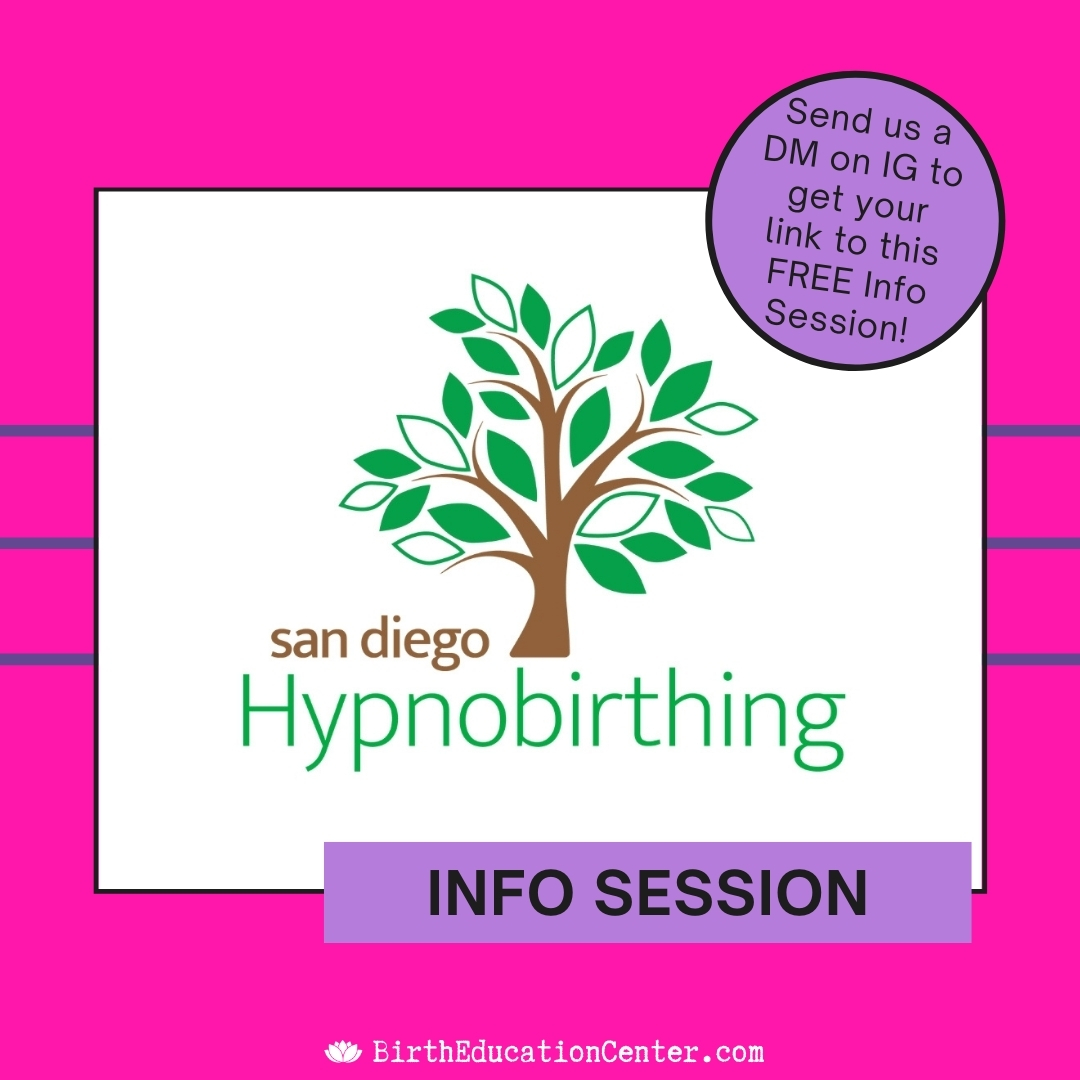Are Newborn Procedures Safe?
You’ve just given birth to your baby and are feeling so many different emotions—everything from disbelief to euphoria. In that first golden hour that you and your baby only get to experience together once, your one and only objective should be bonding with your new family member, making sure they have as much skin on your skin at all times, and ensuring they get the chance to nurse when they’re ready.
But no sooner do you settle into your bonding time, you realize your care providers can’t wait to get their hands on your baby. They will want to check their breathing, body temperature, and reflexes, among other things. Eventually, they will want to administer the Vitamin K shot and eye ointment. Are you prepared for this disruption and, more importantly, are these procedures safe for your brand-new baby?
Think About Your Baby
Have you asked yourself how you want your baby to feel when they make their entrance into the world? This is a question that should be pondered and considered well before you find yourself in labor. That’s because your baby only gets one chance to be born and they will carry what happens to them that day throughout their lives. Understanding that you have choices and decisions to make in advance that will impact your baby’s experience will give you the ability to determine what your preferences are and make sure that the care providers you’ve selected will support your choices.
You have probably assembled your birth preferences for labor and childbirth, but you also have choices to make when it comes to the moments immediately after the birth of your child. Because you will have just gone through one of the most intense experiences of your life, it’s best to understand what procedures are carried out in the first hours of your baby’s life so you can determine your preferences in advance and make sure they’re communicated to your care providers.
The Benefits of the Golden Hour
What happens in the first moments after birth is hugely significant to both you and your baby. This critical bonding time that takes place between parent and baby is—from a physiological standpoint—every bit as miraculous as growing your baby in utero and then giving birth to them. Better known as the ‘golden hour’, this transitional time is when your brand-new infant should be placed uninterrupted on your chest skin-to-skin to begin their transition from womb to world. It is a sacred time for this human being to become acquainted with its new surroundings and the special people who will be taking care of them. They will be alert and eager to bond and feed for the first time.
If you’re planning to give birth in a hospital, you should be aware that there are several newborn care policies and procedures in place that can potentially interfere with this critical bonding time. In an effort to assess the health of the baby, the staff will carry out an array of procedures that may at times disrupt the natural bonding process that should be occurring in the first hour and beyond. The nurse will check baby’s temperature and heart rate and perform assessments for things like reflexes, muscle tone, and circulation. They will also be eager to administer the Vitamin K shot and perhaps eye ointment if you’ve consented to it. In order to maintain the golden hour, however, there’s an ideal time and place for these procedures to happen.
Why Buying Time Is Good for You and Your Baby
While the procedures being carried out in and of themselves are “safe”, the timing of when they’re carried out can have an impact on the bonding going on between you and your baby. Disruption of parent-baby bonding is detrimental. That’s why making small modifications to your hospital’s newborn procedures can make all the difference in keeping that critical bonding time as undisturbed as possible and, as a result, maintaining your baby’s well-being.
Unless there are concerns that your baby is having challenges that require more intensive care, the procedures that are customarily carried out within the first hour can be performed while they remain on your chest. Administering the vitamin K shot, eye ointment, and weighing and measuring the baby can all wait—there is no hurry for these procedures to take place in the first 1-2 hours postpartum.
To make sure this happens, it’s a matter of communicating with your care provider team effectively so they understand your commitment to the golden hour and can adjust how and when they carry out the newborn procedures accordingly.
If you have already begun preparing birth preferences for your hospital stay, it’s just a matter of including your preferences for newborn procedures to this list. For example, you can request that, barring any emergent situations that may arise, all newborn procedures that must be performed within the first two hours of birth be performed while baby remains on your chest. Moreover, you can request that any non-essential procedures be delayed until after the first two hours.
Learn how to create a crystal clear birth plan in our Newborn Procedures course. Click Here!




